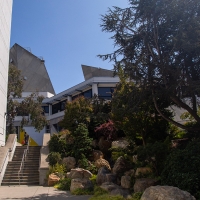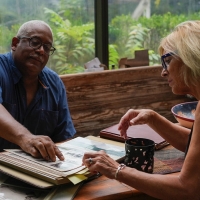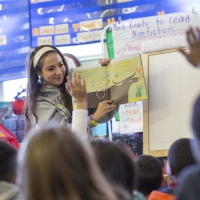SFSU alum writes book about his grandfather’s resistance against Nazism
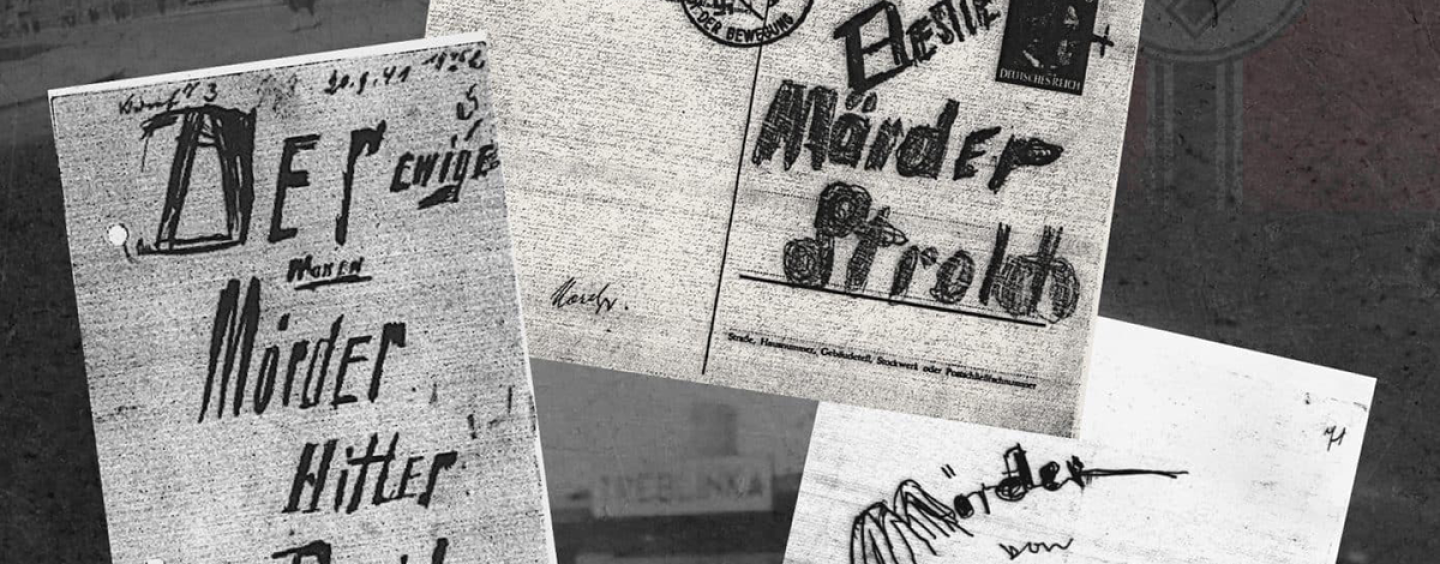
‘Postcards to Hitler’ author Bruce Neuburger is inspired by his brave, defiant grandfather
As a former farmworker, cab driver and teacher, Bruce Neuburger has seen a lot. But it is nothing compared to what his grandfather experienced in the Holocaust. It is told in Neuburger’s new book, “Postcards to Hitler: A German Jew’s Defiance in a Time of Terror” (Monthly Review Press/NYU Press).
During the Nazi regime, Neuburger’s grandfather, a German land investor, distributed anonymous postcards to his neighbors to warn them of Adolf Hitler, only to be arrested by the Gestapo and subjected to a sham trial and brutal murder.
At San Francisco State University, Neuberger (B.A., ’86; M.A., ’95) was a triple major in History, Spanish and La Raza Studies (now Latina/Latino Studies). He is now retired from teaching English as a second language at City College of San Francisco and adult schools.
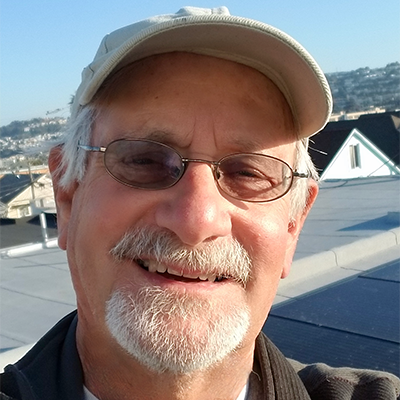
At what age did you learn about your grandfather, Benno Neuburger?
I was fairly young at the time. My father would tell me about his father, but very little. He would say that his father was tried in the People’s Court. He used to say “the so-called ‘People’”— which is true — and he was executed. But the way my father characterized it to me was that his father had sent a personal letter to Hitler, denouncing him for what he was doing to Jews and saying he’s always been a loyal German citizen. ... I didn’t find out until after my father had passed away what actually happened. And he never knew about the postcards.
If you had the opportunity to meet Benno today, what would you say to him?
I would say congratulations. And I would tell him that after all these years his acts of resistance are remembered as a positive example of standing up to injustice. And, ironically, so many years later, resistance to injustice and fascism is still relevant today!
What are the most profound things that you learned from researching and writing “Postcards to Hitler”?
I think the most profound thing, frankly, is the connection between the rise of fascism and World War I. Defeat in World War I was the catalyst for fascism in Germany.
Why did you decide to attend San Francisco State?
I liked the atmosphere here. To be honest with you, I was fearful of coming back to school. I was already in my 40s and I thought, I’m going to feel like a fish out of water here. It’s going to be all these young people, and I’m going to be this old guy. But I came back here; it wasn’t true. There were a lot of older folks like me in their 40s and beyond that, so I felt comfortable.
Can you recall a moment as a student at San Francisco State that had a significant impact on your life?
I had some really good teachers. Did you know about Professor [Isidro] Mauleón? At the end of the class, he would invite the students to come and have a meal at a Basque restaurant down on Broadway. We’d have these elaborate meals for hours.
So I remember that meal. I don’t remember too many meals in my life. I remember that one.
Learn more about SFSU’s History Department, Spanish Program and College of Ethnic Studies.
German-language video about ‘Postcards to Hitler’
Tags

